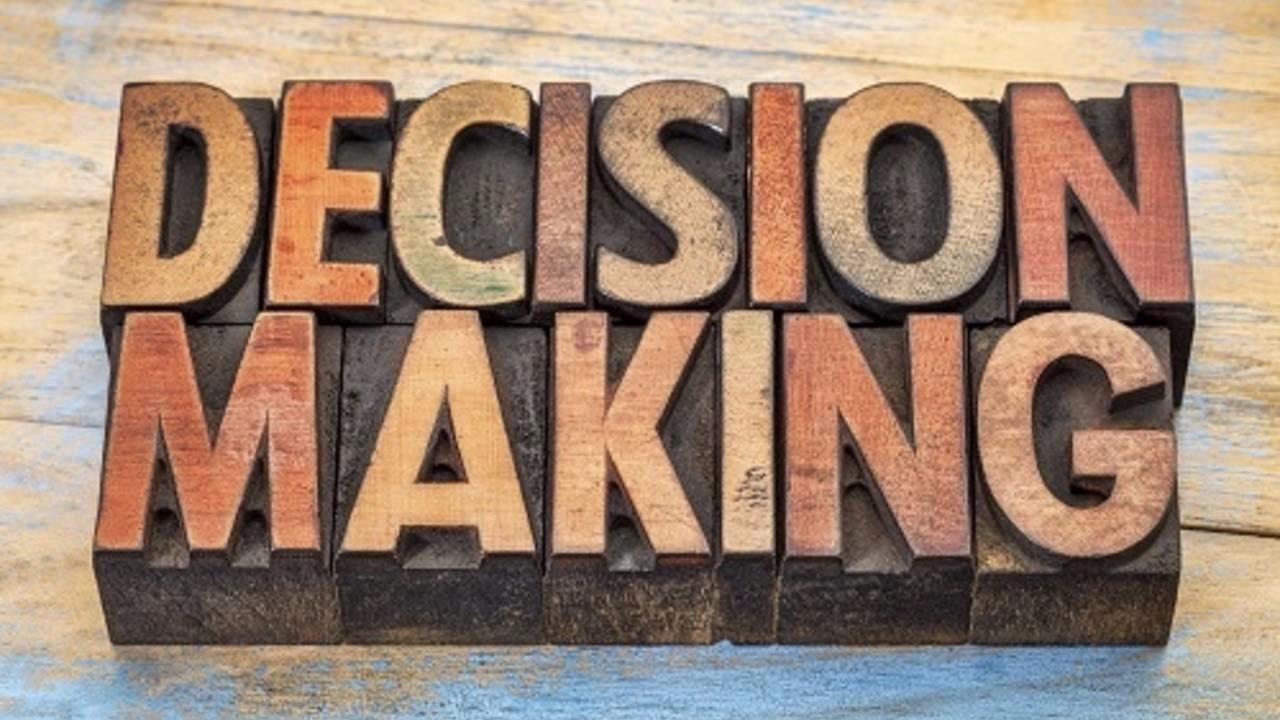The Advantages of Teamwork
Aug 12, 2025
The Game of Success: It’s Your Move
Jul 01, 2025
Are You an Optimist?
Jun 03, 2025
Have You Mastered These Leadership Practices?
May 20, 2025
Humility - The Silent Attractor
Apr 22, 2025
Dump the Resolutions and Create SMART Goals
Jan 28, 2025
Have You Cast Your Vision for 2025?
Dec 31, 2024
The Power of Wise Decision-Making
Dec 03, 2024












